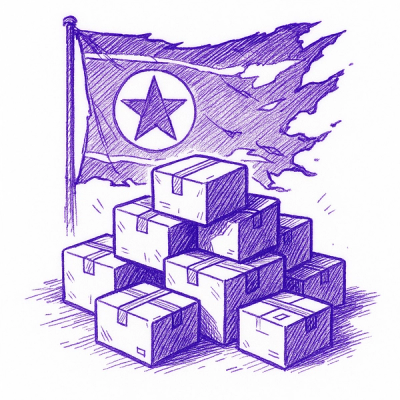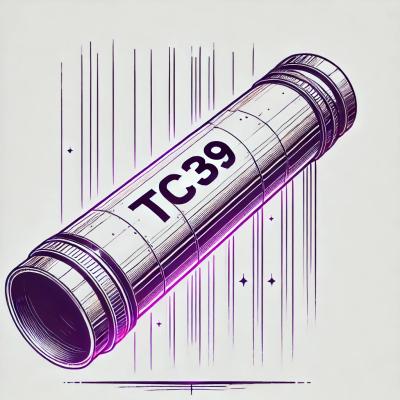
Security News
NVD Quietly Sweeps 100K+ CVEs Into a “Deferred” Black Hole
NVD now marks all pre-2018 CVEs as "Deferred," signaling it will no longer enrich older vulnerabilities, further eroding trust in its data.
aderyn_nodejs
Advanced tools
aderyn_nodejs: Node JS Bindings for Aderyn
This project was bootstrapped by create-neon.
Installing aderyn_nodejs requires a supported version of Node and Rust.
You can install the project with npm. In the project directory, run:
$ npm install
This fully installs the project, including installing any dependencies and running the build.
If you have already installed the project and only want to run the build, run:
$ npm run build
This command uses the cargo-cp-artifact utility to run the Rust build and copy the built library into ./index.node.
After building aderyn_nodejs, you can explore its exports at the Node REPL:
$ npm install
$ node
> require('.').hello()
"hello node"
In the project directory, you can run:
npm installInstalls the project, including running npm run build.
npm buildBuilds the Node addon (index.node) from source.
Additional cargo build arguments may be passed to npm build and npm build-* commands. For example, to enable a cargo feature:
npm run build -- --feature=beetle
npm build-debugAlias for npm build.
npm build-releaseSame as npm build but, builds the module with the release profile. Release builds will compile slower, but run faster.
npm testRuns the unit tests by calling cargo test. You can learn more about adding tests to your Rust code from the Rust book.
The directory structure of this project is:
aderyn_nodejs/
├── Cargo.toml
├── README.md
├── index.node
├── package.json
├── src/
| └── lib.rs
└── target/
The Cargo manifest file, which informs the cargo command.
This file.
The Node addon—i.e., a binary Node module—generated by building the project. This is the main module for this package, as dictated by the "main" key in package.json.
Under the hood, a Node addon is a dynamically-linked shared object. The "build" script produces this file by copying it from within the target/ directory, which is where the Rust build produces the shared object.
The npm manifest file, which informs the npm command.
The directory tree containing the Rust source code for the project.
The Rust library's main module.
Binary artifacts generated by the Rust build.
To learn more about Neon, see the Neon documentation.
To learn more about Rust, see the Rust documentation.
To learn more about Node, see the Node documentation.
FAQs
Node JS Bindings for Aderyn
We found that aderyn_nodejs demonstrated a not healthy version release cadence and project activity because the last version was released a year ago. It has 1 open source maintainer collaborating on the project.
Did you know?

Socket for GitHub automatically highlights issues in each pull request and monitors the health of all your open source dependencies. Discover the contents of your packages and block harmful activity before you install or update your dependencies.

Security News
NVD now marks all pre-2018 CVEs as "Deferred," signaling it will no longer enrich older vulnerabilities, further eroding trust in its data.

Research
Security News
Lazarus-linked threat actors expand their npm malware campaign with new RAT loaders, hex obfuscation, and over 5,600 downloads across 11 packages.

Security News
Safari 18.4 adds support for Iterator Helpers and two other TC39 JavaScript features, bringing full cross-browser coverage to key parts of the ECMAScript spec.